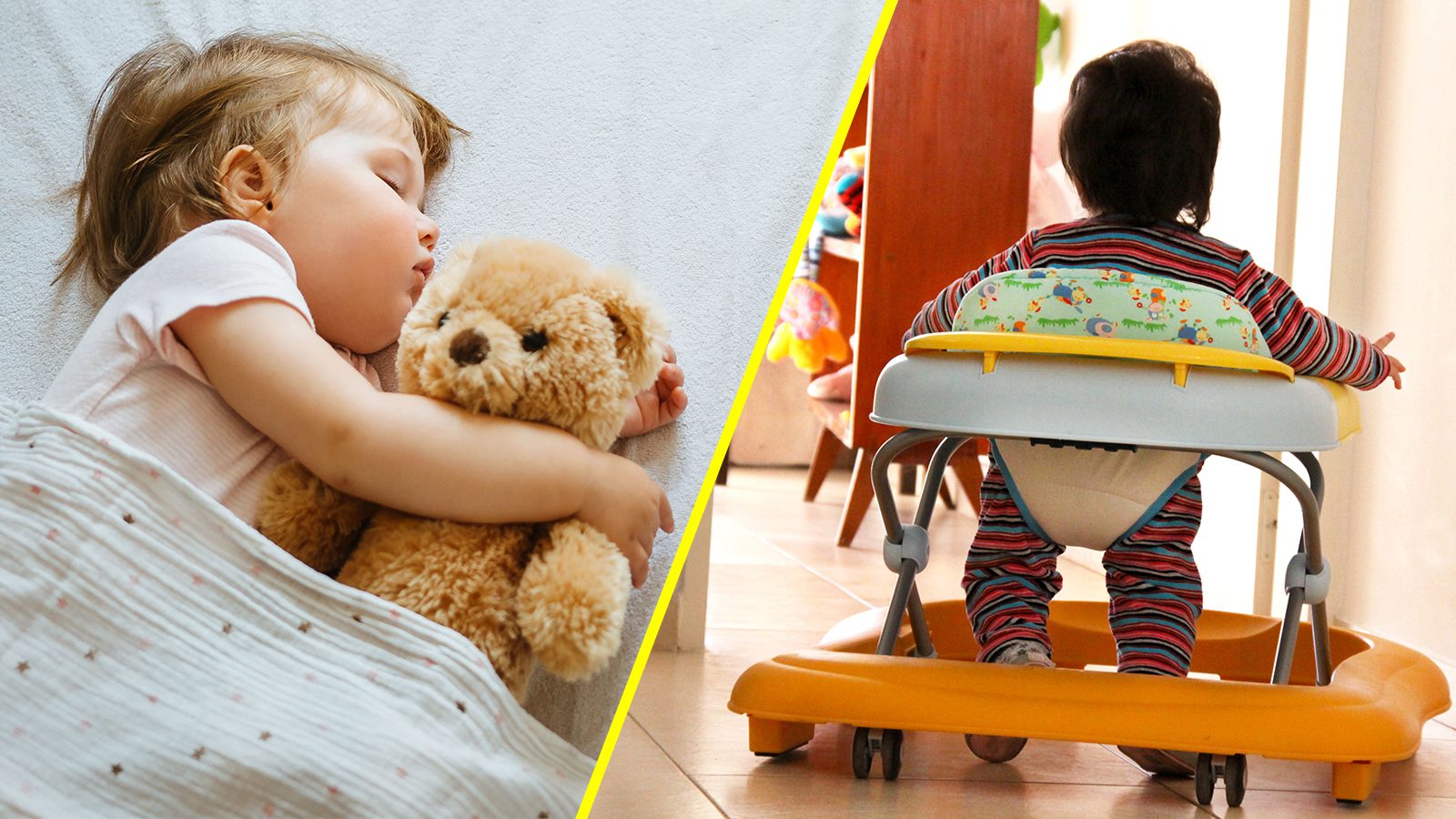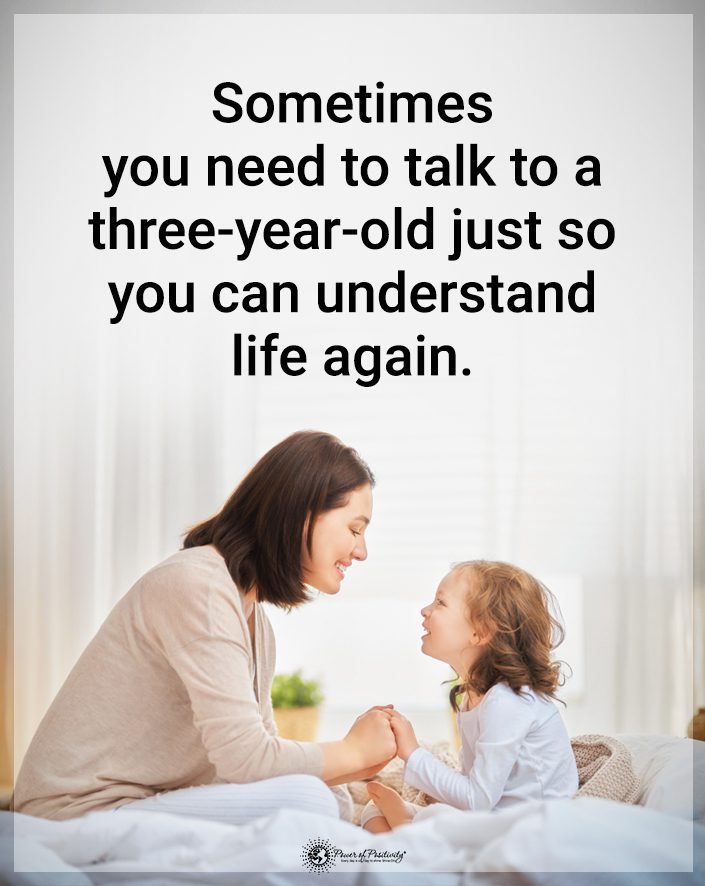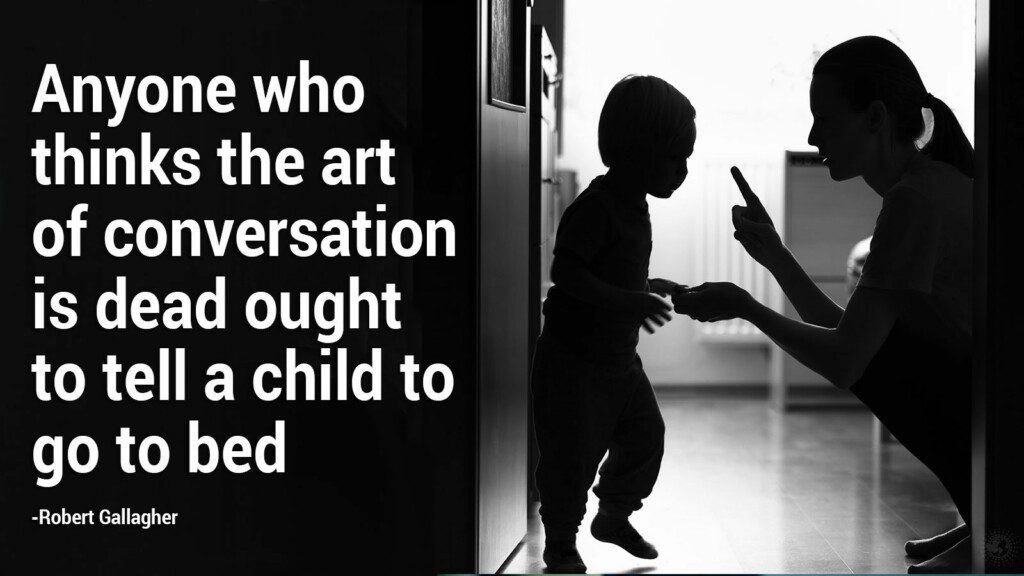The minute you announce your pregnancy, you begin receiving unsolicited baby advice. People act like they know what’s best for you and your baby, regardless of the situation. When this happens, you must be careful because not all baby advice tips are what they seem.
People who give baby advice mean well, but it’s not always for the best. From family and friends to strangers in the grocery store, everyone will have something to tell you about their experience. As you receive these words of wisdom, try not to retain the information too much.
You’ll find all of the unsolicited baby advice annoying, but it’s much more than that. Some parenting advice either doesn’t work or is dangerous for your child.
Baby Advice and Care Tips That Turned Out to Be Myths
Times have changed, and doctors have made more discoveries about what’s safe and healthy for babies. What worked for mothers in the past isn’t safe, and it’s not always practical, although they didn’t know it at the time. There are quite a few common baby tips you’ll receive, and it’s best to understand why you shouldn’t listen.
1. You Must Stick to a Strict Feeding, Diaper, and Sleep Schedule
Many people tell expecting parents that they must stick to a strict schedule no matter what. While a routine can be beneficial, there are times it’s okay to switch it up.
For instance, if your baby is asleep, you don’t have to wake them up for a diaper change. If their diaper is only wet, they will be okay until they wake up.
However, if it’s a poopy diaper, you’ll want to wake them up and change them. The blanket statement that you should wake a baby up to stick to diaper schedules isn’t always accurate because it depends on what’s in the diaper.
People will also drill the importance of a strict feeding schedule, although babies should eat on demand. Infants know when they’re hungry or complete, and it’s best to follow their cues. Following their hunger cues promotes growth and helps you understand your baby’s needs.
2. Baby Walkers Help Them Walk Sooner
People will sometimes tell you to put your child in a baby walker to teach them to walk sooner. However, baby walkers prolong the milestone. They increase the risk of injury, and they can push your child a little too much.
The best way to teach your child to walk is to give them a safe place to practice standing and balance. You can use baby gates or play yards to keep your child in a designated area. Keep toys and stationary walkers in their space for developmental purposes.
3. You’ll Spoil Your Baby by Holding Them Too Much
Infants don’t have many self-soothing strategies, and they’ll need you to be there for them. If you pick your baby up as they cry, they learn that you’ll always be there for them. Don’t listen to baby advice that implies you’ll spoil your baby by holding them.
Some people even go so far as to say your baby is manipulating you into picking them up. However, that’s not true because babies don’t know how to control you, and they depend on you for comfort and care. Babies don’t understand routine either, so it’s not always beneficial to use tough love by not picking them up.
Studies show that holding your baby promotes healthy development rather than spoiling them. Your baby is used to being rocked and soothed by their mother’s body, bringing them a sense of safety. It also promotes mental health and improves your breastfeeding experience.
Early bonding with your baby is essential, and cuddling them is one of the best ways to bond. Don’t hold back if you feel like cuddling your baby or if they want you.
As your baby gets older, you can decide how much you want to hold them. You’ll never regret cuddling them too much because there will come a day when they don’t want you to pick them up anymore. Embrace every moment and do what feels best for you and your family.
4. You Can’t Eat Spicy Foods If You Want to Breastfeed
Other people are quick to offer feeding tips for a baby, but you shouldn’t listen. The only feeding advice you should follow is what you get from a pediatrician or medical professional.
People might tell you that you have to give up certain foods if you want to breastfeed. Whether they believe it will change the taste of your milk or ruin it, this tip isn’t one to follow. Nursing mothers can eat anything, as long as they follow a healthy diet.
Babies take on their mother’s taste preference, so don’t eliminate anything you don’t have to. It’ll vary your child’s food preferences, helping them accept a healthy diet.
5. You Must Breastfeed
You may feel pressured to breastfeed by others, and that’s another unhelpful tip. Some moms can’t breastfeed, and others don’t want to, and it’s still okay. Breastfeeding is a personal choice and journey, and it’s best to ignore anyone else’s input on this.
It might help you feel better to know that baby formula mimics human breast milk. A Washington University School of Medicine study shows that both options promote healthy microbes in the digestive tract. Breast milk and formula are also both designed to:
- Decrease harmful bacteria
- Boost your metabolism
- Offer vitamins and amino acids
6. You’re Feeding Your Baby Too Much
Breastfed babies don’t always follow a schedule, but many people will tell you otherwise. Your baby might want to eat more often than the widely believed two to three hours between feedings.
A newborn goes through periods of cluster-feeding where they frequently eat, crying for the breast more often. Formula-fed babies also need to eat more often during growth spurts.
Many people believe the baby wants comfort, and they’ll tell you to let the baby cry. Or, they’ll suggest that you aren’t producing enough breast milk. However, if your baby does need more milk, frequent feedings will help trigger your body to produce more.
Your baby will get plenty of nutrients as long as you feed them on-demand, meaning you can’t follow a feeding schedule. It’s normal for a baby to eat more often, and as long as they continue gaining weight, there’s no issue. Of course, something might be amiss, but don’t take it to heart unless your doctor says it.
7. You Should Give Your Baby a Bath Every Day
Babies don’t sweat as adults do, so they don’t get stinky in the same way. You don’t have to bathe them every day, but you can if you want to.
Every two or three days is okay, or if they have a diaper explosion. When you don’t bathe your baby, make sure you wash their face, hands, and bottom.
If you choose to bathe your baby every day, make sure you moisturize them after each bath. You might even consider not using soap during each bath.
8. Make Sure to Give Your Baby Water to Stay Hydrated
This baby advice can be dangerous for infants. Babies don’t need water, and it can cause an electrolyte and sodium imbalance.
Their kidneys aren’t fully functioning yet, and their bodies can excrete water. Plus, filling their stomachs with water doesn’t allow them to take in enough calories and nutrients.
9. Don’t Let Your Baby Sleep During the Day, or They’ll Stay Up All Night
Keeping your baby awake during the day doesn’t prevent them from staying awake at night. It doesn’t help them sleep better later, and it’ll likely backfire.
Skipping naps and keeping your baby awake can cause them to be cranky, overtired, and overstimulated. These effects keep your baby awake late into the night. It can also cause your baby to fall asleep but wake up too soon.
10. Babies Need Silence to Sleep
Many expecting parents hear that their babies need a silent house to sleep in. This baby advice causes parents to go out of their way to prevent making noise and waking their baby. However, babies hear noise in the womb, and they’re used to the sound.
Plus, it’s good for babies to learn to sleep through vacuuming or conversation. If your baby can sleep through your favorite show, you’ll be glad you didn’t keep your house entirely silent. It also teaches them to sleep through a variety of situations.
11. Babies Sleep Best on Their Stomachs
Some old baby advice that you might hear often is that babies sleep best on their stomachs. However, new research shows that the safest sleep position is on their back. When an infant sleeps on their stomach, it can limit their oxygen intake and lead to a dangerous situation.
Final Thoughts on Baby Advice Tips That Aren’t What You Think.
When expecting a baby, you’ll receive unsolicited advice everywhere you go. Remember that many baby tips are outdated or harmful, and you shouldn’t read too much into them. You can smile, say thank you, and then move on without following the baby advice.
Those offering baby advice mean well, and they likely didn’t have access to all of the research and studies that we have now. Your best bet is to talk to your baby’s doctor and other prestigious medical professionals.

















 Community
Community

